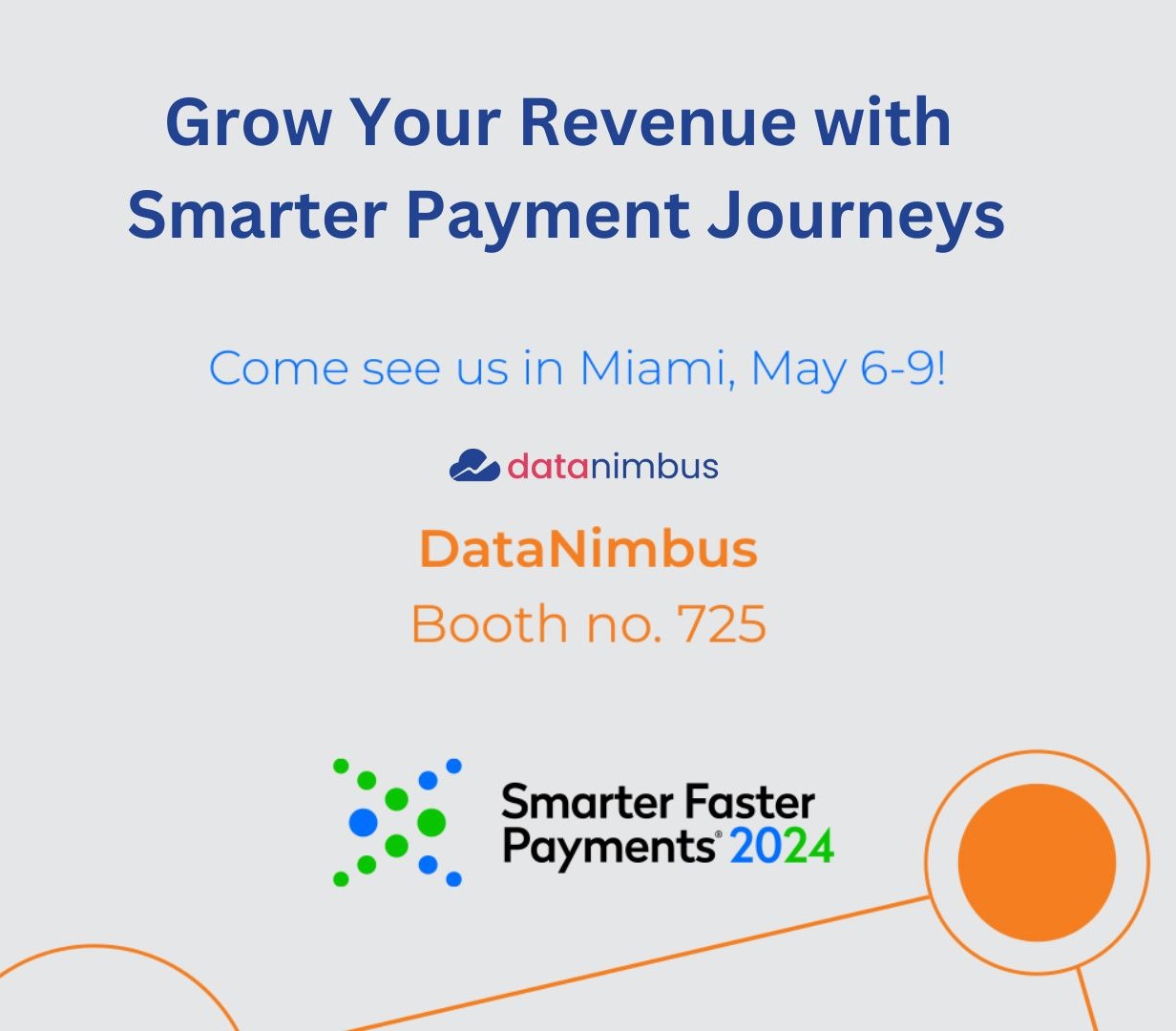Introduction
In the dynamic landscape of e-commerce and digital transactions, the connection between Merchants and Submerchants is more than a transaction-it’s a lifeline for those like Damini. Damini is a single working mother, dedicating six days a week to earn a daily wage from Royal Restaurant – a submerchant operating within the realms of an agreement with Chokhi Dhani Luxury Resort (Merchant). Each transaction involves a unique commission structure, with the submerchant obligated to pay a certain percentage to both the Merchant and the bank.
This arrangement, outlined in the Merchant-Sub Merchant agreement, often leads to delays in payments, creating a poignant struggle for Damini as she strives to meet the basic needs for her three children. The challenges extend beyond financial hurdles, impacting the very fabric of daily life for those dependent on timely wages.
The Challenge
The manual reconciliation processes employed in these complex financial transactions are not only time-consuming but also prone to errors. Delays in settling payments to sub merchants, like Royal Restaurant, result in a ripple effect, impacting workers like Damini who depend on these settlements for their daily wages. Beyond the human impact, discrepancies between Merchant transaction files and bank statements pose significant business challenges, leading to disruptions in cash flow and potentially hindering strategic financial planning. Streamlining this reconciliation process becomes imperative for maintaining a robust business ecosystem, ensuring timely payments to sub-merchants, and fostering sustained financial stability.
The Impact on Daily Wages:
For Damini, the delays in receiving payments aren’t just financial hurdles—they represent the emotional toll of uncertainty. Picture her working long hours, sacrificing personal time with her children, only to face delays in wages that are crucial for putting food on the table and ensuring a stable life for her family.
To The Rescue: Automated Reconciliation
To mitigate these challenges and ensure a smooth and timely payout process, businesses are turning to automated reconciliation solutions. These tools leverage advanced algorithms and data analytics to quickly and accurately reconcile Merchant Transaction files with bank statements, identifying and resolving discrepancies in real-time.
Automated reconciliation not only expedites the settlement process but also significantly reduces the risk of errors inherent in manual reconciliation. This, in turn, ensures that submerchants receive their due payments promptly, allowing them to maintain consistent and timely wage payments to their workforce.
Benefits of Automation:
For Business:
- Enhanced Efficiency:
Automation streamlines the entire submerchant payout process, reducing manual intervention and enabling businesses to operate more efficiently.
- Reduced Errors and Discrepancies:
Automated systems minimize the likelihood of errors in transaction processing, ensuring accuracy in financial records and reducing the risk of discrepancies.
- Cost Savings:
By automating repetitive tasks, businesses can lower operational costs associated with manual reconciliation and transaction handling.
- Real-time Data Insights:
Automated systems provide real-time data, offering businesses valuable insights into transaction trends, financial performance, and potential areas for optimization.
- Compliance Adherence:
Automation ensures consistent adherence to compliance standards, reducing the risk of penalties and legal implications for the business.
- Improved Scalability:
Automated systems are easily scalable, allowing businesses to handle a growing volume of transactions without a proportional increase in manual effort.
For Gig Economy (Damini):
- Timely and Predictable Payments:
Automation ensures that Damini receives her daily wage promptly and predictably, reducing financial uncertainty and providing stability for her and her family.
- Faster Issue Resolution:
Automated systems can quickly identify and resolve any payment discrepancies, ensuring that Damini doesn’t face prolonged delays or issues with her earnings.
- Increased Job Satisfaction:
Knowing that her wages are processed efficiently and accurately, Damini experiences improved job satisfaction, contributing to a positive work environment.
Conclusion
Automated reconciliation is more than just a business solution; it’s a lifeline for individuals like Damini, who work tirelessly to support their families. The impact on daily wages goes beyond numbers – it’s about human lives and the stories of resilience. By embracing automation and emphasizing the importance of timely settlements, businesses can not only streamline their processes but also empower the entire gig economy, fostering a community where technology and empathy come together to uplift lives. Write to us to know how DataNimbus is doing its bit to support individuals like Damini and the Gig economy through its automation platform.




